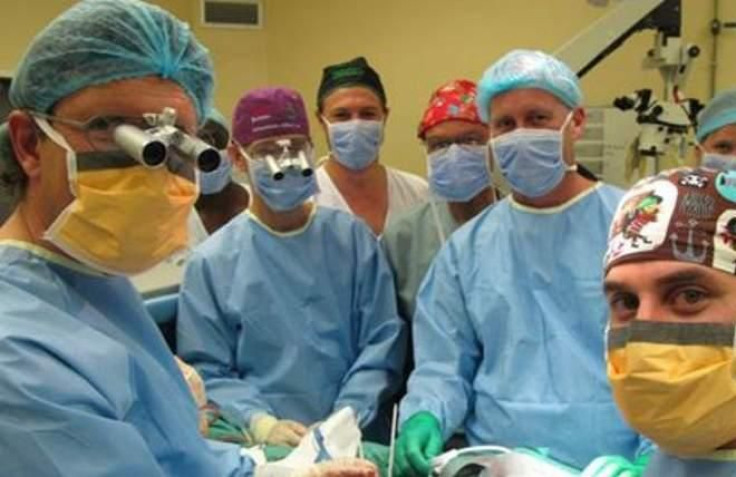First Penis Transplant Recipient Recovers Full Use Of Organ, Announces Girlfriend Is Pregnant

Mere months ago, a 21-year-old South African man became the first person in the world to successfully receive a penile transplant — and now, he and his girlfriend are expecting. Dr. Andre van der Merwe, who performed the procedure at Tygerberg Hospital in Cape Town back in December, announced the news during a recent lecture, adding this is one of the greater markers of long-term transplant success.
The initial procedure took Merwe and his team of surgeons nine hours to complete, thinking the transplant would take two years to become fully functional. Three months after the initial procedure, the patient already appeared to be making a rapid recovery. And now it seems the patient has recovered full use of the organ.
The patient in question underwent the transplant after sustaining injuries during a ritual circumcision; the patient’s entire penis had to be amputated in order to save his life. The New York Post reported on a similar incident in 2014, where a man not only lost his penis during the ritual, but he was beaten and outcast from his community for speaking out about it.
The Post added septic shock causes many fatalities, the problem most severe in the Eastern Cape. There, a reported 500 men had died as of 2014 since 2006, including 85 in 2013. Quartz added “thousands of young men undergo ritual circumcision, without anaesthetic, as part of initiation in the bush — and those who have not been circumcised are ridiculed.”
“There is a greater need in South Africa for [penile transplants] than elsewhere in the world, as many young men lose their penises every year due to complications from traditional circumcision,” Merwe said. “…This is a very serious situation. For a young man of 18 or 19 years, the loss of his penis can be deeply traumatic. He doesn't necessarily have the psychological capability to process this. There are even reports of suicide among these young men.”
VICE reported representatives from Denmark, Sweden, Iceland, Finland, Norway, and Greenland suggested ritual circumcision is a form of genital mutilation; it’s in direct conflict with the UN Convention of the Rights of the Child. These rights state, “Children should have the right to express their own views and be protected from traditional rituals which may be harmful to their health.”
Even when the ritual is done safely, VICE added, it’s not entirely. One midwife was found guilty of neglecting postoperative care for a newly circumcised infant, and the infant bled to death. While circumcision has its benefits — it reduces risk of disease, like HIV, and “improves sexual pleasure” — the American Academy of Family Physicians explains adequate anesthesia is required for safety purposes.
As countries debate the persistent rituals, the success of this one man’s penis transplant could prevent future botched circumcisions, possibly even award young men to opt for the ritual at all.



























